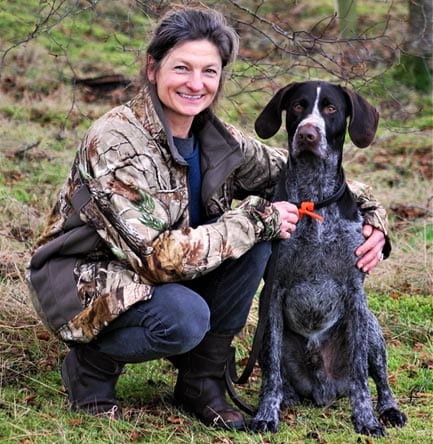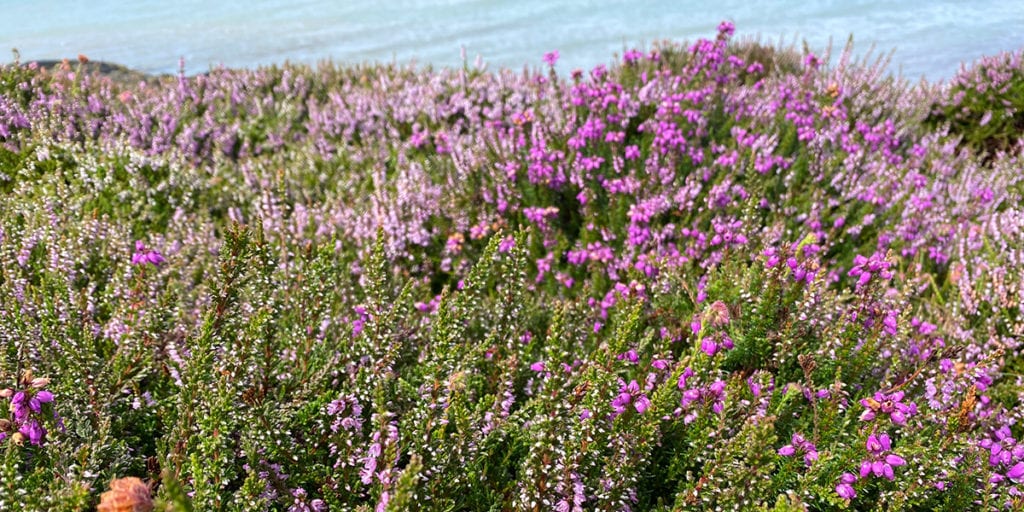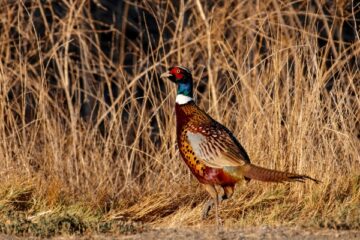In the public interest: the glorious benefits of grouse moor management
The twelfth of August: an iconic, special and above all glorious day in the Scottish rural calendar – the perfect time to celebrate grouse moor management in Scotland.
For some it represents the start of an exhilarating and unrivalled four months of sporting greatness, in which Scotland’s most iconic game bird – the red grouse – is harvested and served up as a culinary delight.
For others it is the culmination of months of hard work and dedicated management, expediting a rich assemblage of life and biodiversity across one of Scotland’s most emblematic landscapes.
One can truly appreciate why the twelfth has been described as ‘glorious’ for generations.
Back in Business
After a tumultuous and disruptive period at the hands of Covid-19, the twelfth will be an even more glorious affair. This year it is a symbol that Scotland’s rural economy is back in business – a return to normal of sorts, albeit with a modified way of working.
And it is great to see some of our elected representatives recognise this contribution. Andrew Bowie, the MP for West Aberdeenshire and Kincardine, fully understands the crucial contribution that grouse shooting makes to the rural economy in his constituency.
“You cannot underestimate the importance of grouse shooting to the economy here. Businesses across my constituency are heavily reliant on those who come to Scotland to participate in this unique sport. They use our hotels, our restaurants, our local shops – it really drives business, and this contribution is exactly what the rural economy needs after the economic hardships of Covid-19”
Andrew Bowie MP

The glorious benefits of grouse moor management in Scotland
Yet, the glory of grouse shooting is not simply confined to the economy. Indeed, if you were to take a walk across any moor that is managed for grouse shooting in the spring or summer, you would be greeted by an astounding agglomeration of wildlife. Read more about the wildlife that can be found on the moors here.
From rare wader species like curlew and lapwing; to iconic game birds like ptarmigan and black grouse; to mesmerising mammals like mountain hare and red deer: the managed grouse moor is a haven brimming with wildlife.
Luise Janniche, a BASC member from Denmark who lives in Turriff, Aberdeenshire, can often be found on the moors helping to count grouse with her pointers. Luise thinks that people should not let prejudices against shooting get in the way of appreciating the benefits of grouse moor management in Scotland.
“While I can understand that shooting does not sit well with some people, it is dangerous when emotions take over at the expense of ecological science and economic reality. Grouse management equals a massively enriched flora and fauna. I am hugely grateful that wealthy individuals with a passion for grouse and deer pump money into Scottish estates, helping the rich flora and fauna to thrive whilst also providing jobs. Who else would pay for this expensive management?”
Luise Janniche, BASC member

Luise makes an important point. The reality is that significant public benefits are yielded as a result of grouse moor management in Scotland – without any direct public investment whatsoever. Indeed, grouse shooting is often a loss-making entity, with management costs sometimes offset by other, more profitable estate activities.
Read about the iconic heather landscape and how it is managed here.
In the public interest

Critics of grouse shooting want change, but at what cost? Using moorland for forestry, conservation or sheep farming would demand significant investment from the public purse at a time when budgets are under colossal pressure.
Should we really be diverting public funds away from essential services when there is already a faction of experienced, knowledgeable and fully kitted-out gamekeepers in place to deliver public benefit?
Such is the scale of contribution by gamekeepers and land owners, Rachael Hamilton, the MSP for Ettrick, Roxburgh and Berwickshire, argues that they are public servants in tweed.
“They bear all the hallmarks of public service: investing in our moors; driving rural business; protecting our most threatened species; and preserving our unique and internationally rare heather ecosystem – landowners and gamekeepers deserve our thanks and appreciation.”
Rachael Hamilton MSP

It is important that the scale of this contribution is not underestimated. One grouse moor in the Borders – which was the subject of a long-term scientific study – invested over £244,000 per year into moorland management. If we extrapolate that figure, grouse moor management in Scotland very quickly becomes a multi-million-pound investment in conservation and biodiversity – all thanks to private capital and the hard work of dedicated gamekeepers.
Glorious all year, every year
So really the glory of the twelfth is not just confined to the sport, nor a single day.
The twelfth is glorious because it represents a sustained and selfless effort by landowners and gamekeepers alike to protect our wildlife, preserve our moors and drive our economies all year round.
These custodians of the countryside provide a magnanimous public service driven by a genuine, unwavering passion for our moors, and the people and wildlife that live on them. Long may that contribution continue.



